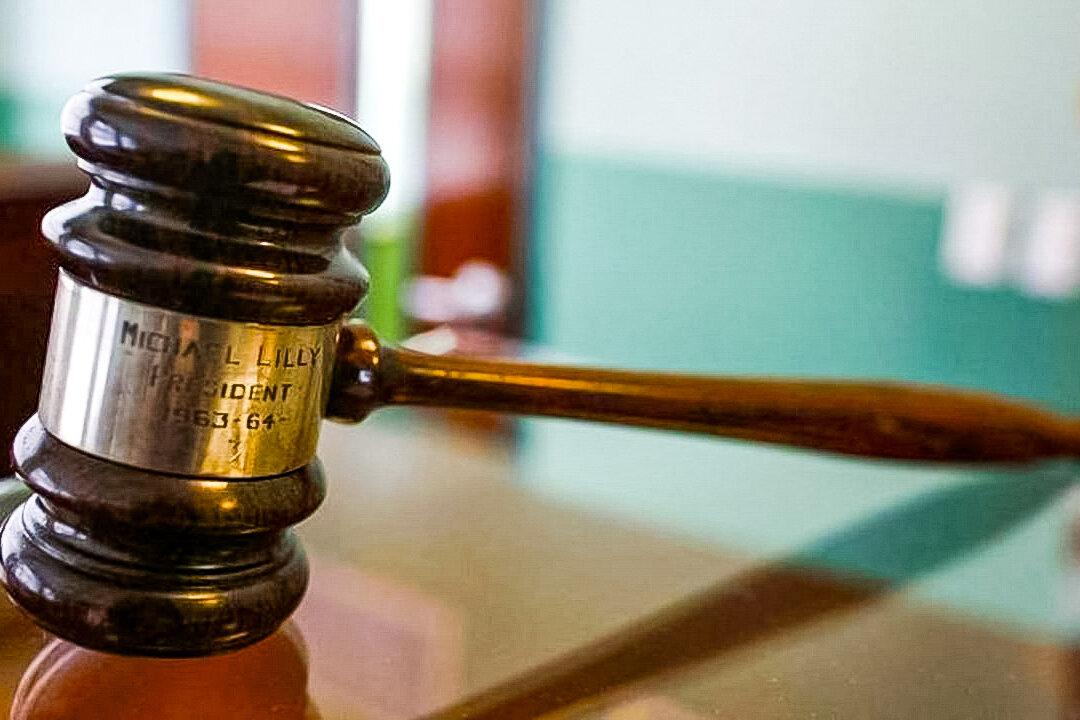New South Wales Chief Justice Andrew Bell has raised concerns about the impact of social media and internet access on jury trials, warning that the integrity of juries could be compromised.
Speaking at a recent event organised by the Centre for Independent Studies, Bell said the prevalence of social media and information tools, such as Google, posed a risk to the integrity of the fact-finding process in jury trials.





